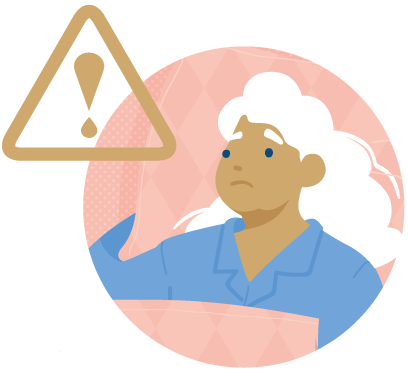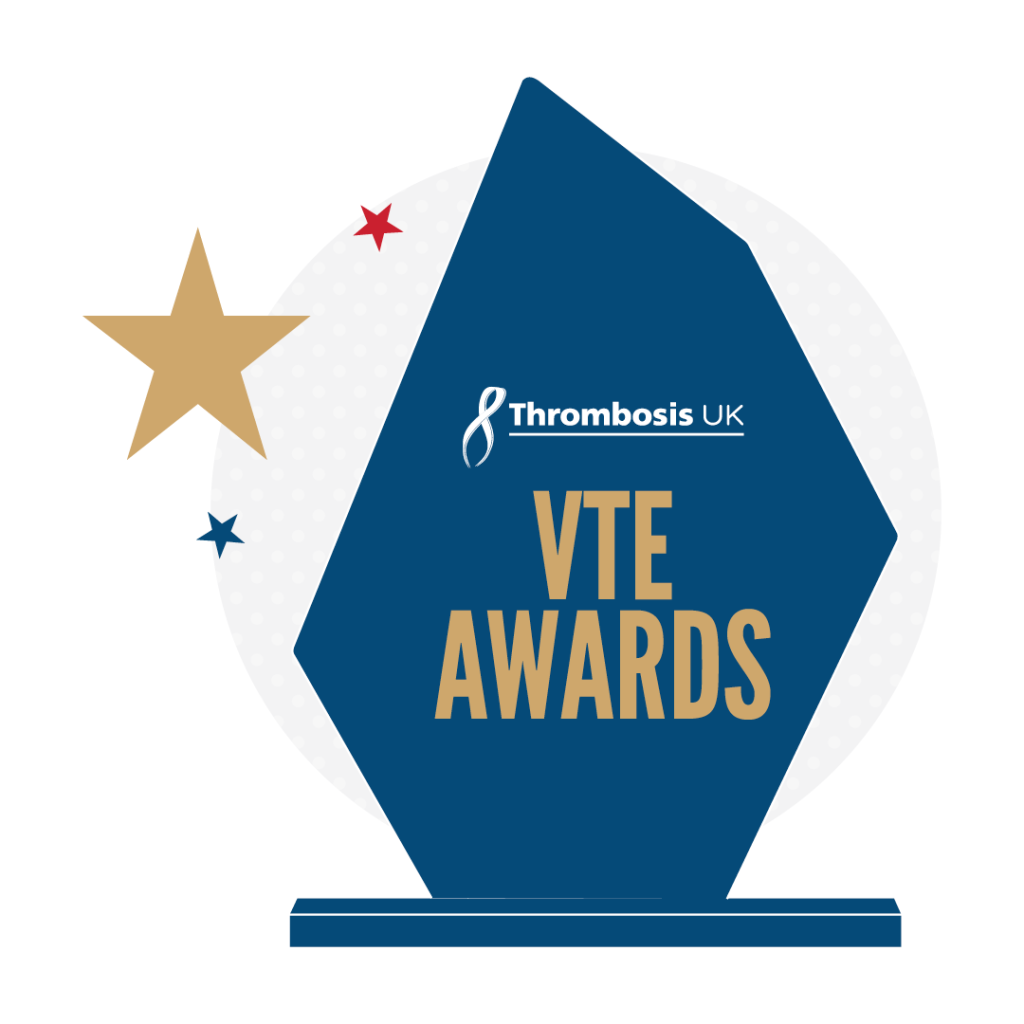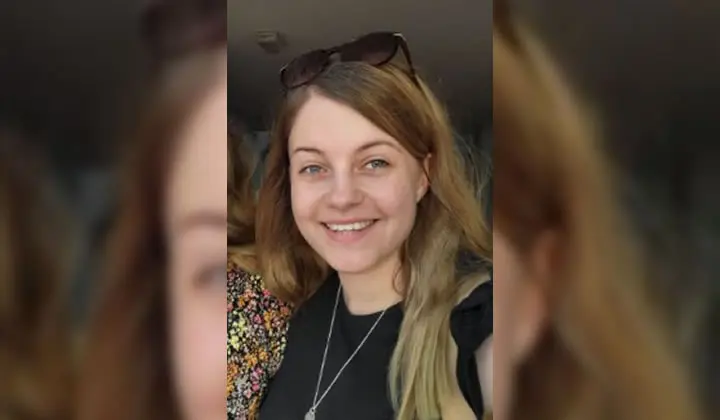My name is Hannah and I’m 22 years old.
After having a DVT at the age of 18, I have developed a keen interest in research around VTE and how we can improve patient’s experiences in their diagnosis and lifelong treatment. I’m also interested in the psychological, long term impact of VTE and how we can work together to make health professionals aware of this.
This is my story:
In May 2019 at the age of 18 I began to experience swelling in my left knee. After a few days I approached my GP who understood my discomfort and referred me to an arthritis clinic.
A week after this, I attended my local A&E with knee swelling. A blood test discovered a high D Dimer result and I had an ultrasound scan. The scan was very quick, ruled as negative and taken no further.
The doctor told me I was “too young to have a blood clot”
The doctor told me I was “too young to have a blood clot” and I had no risk factors for it (ie. the pill, long flight/journey). I felt so disheartened and in so much pain.
Another week passed by and I was attending college an hour away from my home. The pain had got worse, my knee was red and hot and my whole leg was swollen. I knew the signs for DVT and was feeling so ignored.
I knew the signs for DVT and was feeling so ignored
The pain persisted and I attended a different A&E unit. They discovered I had an extensive DVT in my left groin area all the way down to my knee. I started treatment and had various referrals for outpatient support, scans and follow ups. They later discovered my VTE was as a result of an atresia of my inferior vena cava, that cannot be mended.
Impacted my life and career choices
I am on lifelong anticoagulants. Three years later, I now suffer with post thrombotic syndrome which has impacted my life and career choices.










